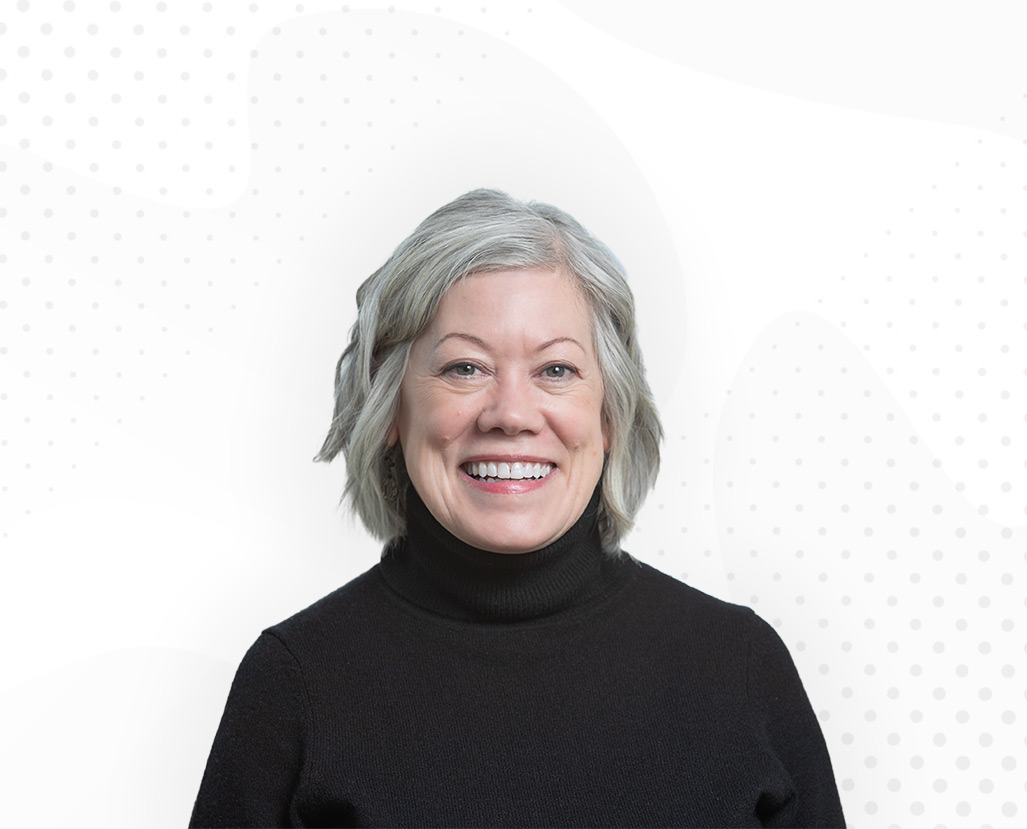Our human services team operates impactful programs on behalf of state and local agencies, empowering families to overcome barriers and achieve self-sufficiency.
Prior to her retirement from Maximus in 2024, Kelly Blaschke Treharne managed a broad portfolio of services in support of government safety-net programs across the nation and led a team of passionate and committed human services professionals who were inspired by her leadership and mentorship.
With over 30 years of hands-on experience working in a variety of roles across human services, Kelly honed her instincts for understanding and resolving client challenges. Leaning on innovation and the power of strategic collaboration, Kelly inspired and led others in bridging the gaps for vulnerable populations and fostering thriving, healthy communities.
We connected with Kelly to learn more about her perspective on the challenges facing safety net programs and the future of human services.


